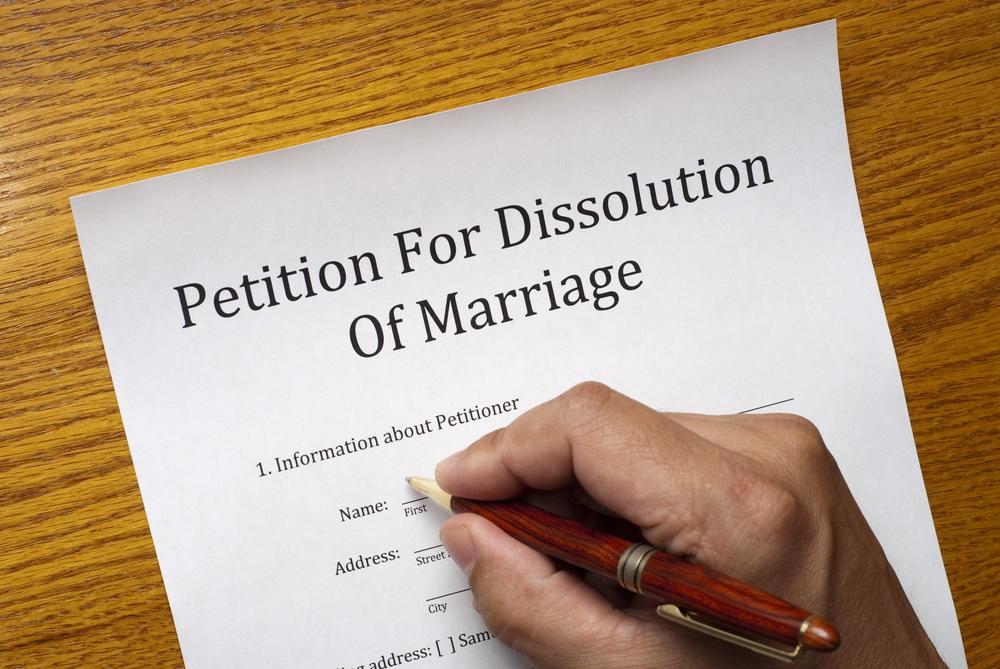** URGENT COVID-19 - WE'RE STILL OPEN *** Please click here for updates.
** COVID-19 - WE'RE STILL OPEN ***
Please click here for updates.
** URGENT COVID-19 - WE'RE STILL OPEN *** Please click here for updates.
** COVID-19 - WE'RE STILL OPEN ***
Please click here for updates.
In Ohio, a dissolution is a non-adversarial proceeding to legally terminate a marriage. A Dissolution also means that the terms of the divorce are decided between the two parties before any documents are filed with the court.
Unlike a divorce, the negotiating couple is expected to voluntarily trade any information as part of their dissolution. The courts do not have subpoena power during dissolution and cannot put temporary orders in place or force either side to share information.
The court does allow professionals to be hired to evaluate a property or give financial advice.
Going through a dissolution requires that both parties agree on a legally binding contract known as a Separation Agreement. In Ohio, this is not the same as legal separation.
This paper is required to be attached to the dissolution petition. To file this Separation Agreement, you and your spouse must agree on the following issues:
Property: Real estate, vehicles, bank accounts, household furniture, stocks and bonds, retirement and profit-sharing plans, and other assets.
Debts: What is paid and when. Who is responsible for particular debts and attorney fees.
Spousal support. Who pays, how much and for how long. Frequency paid and by what method.
If you have children, the state of Ohio requires that you also create a separate Shared Parenting  Plan.
Plan.
This document will describe child support, parental rights, medical care, visitation rights, responsibility for decision making, tax exemptions, life insurance designee and anything else concerning the child’s needs.
The entire Separation Agreement must comply with Ohio law regarding parenting, division of property and child and spousal support. The Separation Agreement must be entered into voluntarily by both spouses.
If the couple is unable to reach an agreement on all of the issues, then a dissolution will not be possible and divorce case must be filed for instead.
Once the Dissolution petition, Separation Agreement, and Shared Parenting Plan have been created, the spouses can file a joint petition with the court. This petition—signed and approved of by both parties—requests that the court review and approve the agreement the couple has entered into.
Like a divorce case, process service must take place, but since both parties are present they simply sign a waiver or service and attach it to the petition.
The length of time a marriage dissolution process takes depends on several factors, especially how long it takes both people to reach an agreement that works for both of them. Dissolution is usually shorter than divorce—taking a few months from start to finish—but can take less or more time depending on the circumstances.
However, once the required documents have been prepared and filed with the court, a court hearing will be scheduled. According to Ohio Law, the hearing date must take place within 30 to 90 days.
During the hearing, both spouses will be asked simple questions to make sure they meet the legal requirements to have their marriage ended.
They also must testify that they are both satisfied with the agreement, that the agreement was entered into voluntarily, that they have disclosed all financial debts and assets, and that they still wish to proceed with the dissolution. The couple will then be asked to verify their signatures on all documents.
The court will then have to approve the Separation Agreement. The judge does have the power to make changes or disallow the petition, but this rarely happens.
If the judge feels that everything is in order and that the judgment is both fair and legal, the court will usually grant the petition terminating the marriage.
If only one of you can attend the final court hearing, you may have to get what is known as an uncontested divorce. Similar to a dissolution, an uncontested divorce is usually quicker and less expensive than a contested divorce.
An uncontested divorce is good for couples who are already living in different states or countries or have other barriers that prevent both of them from attending the final hearing.
The result of dissolution is the same as divorce. The marriage is legally terminated.

It is important to remember that the parties must agree on everything beforehand—every detail must be sorted out and agreed to in writing. If you and your spouse have decided to move on with your lives and can agree on all the terms, dissolution provides an easier and less costly alternative to filing for a divorce.
Need more information on the difference between Dissolution and Divorce? Give Jack's Law Office a call at (740) 369-7567. How Long Will it Take?
When you subscribe to the blog, we will send you an e-mail when there are new updates on the site so you wouldn't miss them.
Jack’s Law Office
305 S Sandusky St
Delaware, OH 43015
(740) 369-7567